Let's Talk About Your Cat's Butt
Anal gland issues with cats are not as common as they are with dogs, but feline anal glands can clog up, causing problems. We recently took Retro in because I thought he was having problems with anal glands. He was not scooting, which is a common symptom, but he seemed to be in pain, and all clues led to 1) the litter box and 2) to his hind end.
This is what I observed:
- He was in the litter box, then RAN OUT AT FULL GALLOP and under the bed until I pulled him out. This is atypical behavior for my cat
- He was very sensitive on the back of his hind legs and anywhere near his anus
- He was over-grooming below the "waist"
- He was twitching his skin a lot, especially at the base of his tail, when he was over-grooming, or about to take off running away from the sensation/pain
- He frequently did run away from the sensation/pain that he was feeling
- We also saw a lot of "tail swishing", which made us suspect he was feeling something weird at the base of his tail
- He often vocalized before running away from his tail, over grooming and skin twitching
- These observations all indicated that the cat was in pain
I made a vet appointment for the next day, because when it comes to "litterbox" problems with your cat, you do not want to wait! Clogged anal glands can get infected, which can escalate the situation. Eventually the glands can abscess and break open, causing an open, weeping, wound that smells terrible. Plus, who wants a "weeping butt wound" in their house? In preparation for the vet appointment, I quarantined Retro with a clean litter box so that I could observe his activity. Before the visit, he urinated normally, and pooped a small amount.
The vet listened to my descriptions of Retro's apparent physical discomfort and knowing that he seemed to be peeing OK, decided to check his anal glands. My cat was taken to a back room for the examination, and I was warned that I might hear him vocalizing.
She returned, holding a calm and quiet cat, and told me that she easily expressed a large quantity of material from each of his glands (cats have one on each side of the rectum). There did not seem to be an infection.
The Long Term Fix
Since it didn't seem that he had an infection, the doctor counseled me on long-term curative and preventative care. What I need to do is add fiber to his diet, because well-formed, bulky poops help to stimulate the glands, causing a small quantity of the odiferous stuff to be released with each bowel movement. I suddenly remembered that I've seen a lot of loose poops in the litter box: it's no wonder he's having this problem, and it is all my fault.
How do you add fiber to your cat's diet? Just the same way you would with yourself!
Psyllium
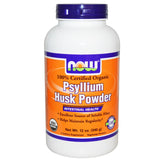
Do you already have psyllium on hand? Add psyllium to water, and mix that water to his wet food. I was told to use 1/8 tsp, 2x day. I just add enough water to make the food really pasty and easy for a cat to lick up.
Pumpkin

Some cats and dogs like canned pumpkin, and might just eat it. You can also mix it into food. Purchase canned pumpkin, not a pumpkin pie mix, as you want to be feeding only pumpkin, not sugar. The Trader Joe's product shown here is perfect.
Pumpkin Supplement

I couldn't get Retro to eat canned pumpkin, so I got a product called Firm Up instead. This is a dehydrated pumpkin digestive supplement, which I mixed with water, and added to their food.
Fiber Additives

Fiber supplement products made for humans can be used, you just don't want to get anything with a flavor (what cats eat orange?)
Glandex
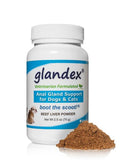
There is a product called Glandex, made for cats and dogs. This stuff contains both fiber and probiotics, so it is going to address multiple aspects of digestion. I'm guessing this is going to be a really good product to use. I personally have had very good results giving cats probiotics.
The Results
This might sound weird, but I immediately saw a change in Retro's butt. The most delicate and comprehensive explanation is that his anus immediately reduced in appearance. His glands must have been very full of stuff, and now I know that there can be a physical indication of a potential anal gland problem.
Why Do Cat Even Have Anal Glands?
A lot of carnivores have anal glands, but most of these animals live out in the wild. We are talking about animals such as wolves, large cats, civets, badgers, etc. When these guys defecate, a bit of the stuff inside their anal glands is also pressed out, leaving a scent marker specific to that animal on their feces. This helps to explain why dogs smell piles of poop: the poop has scent markers that identify who crapped it out. If our dogs had school yearbooks, these would be collections of stool samples. Cats are just another example of an animal that has this anatomy. If we had a sense of smell as good as a cat's, we'd probably want to smell poop, too.





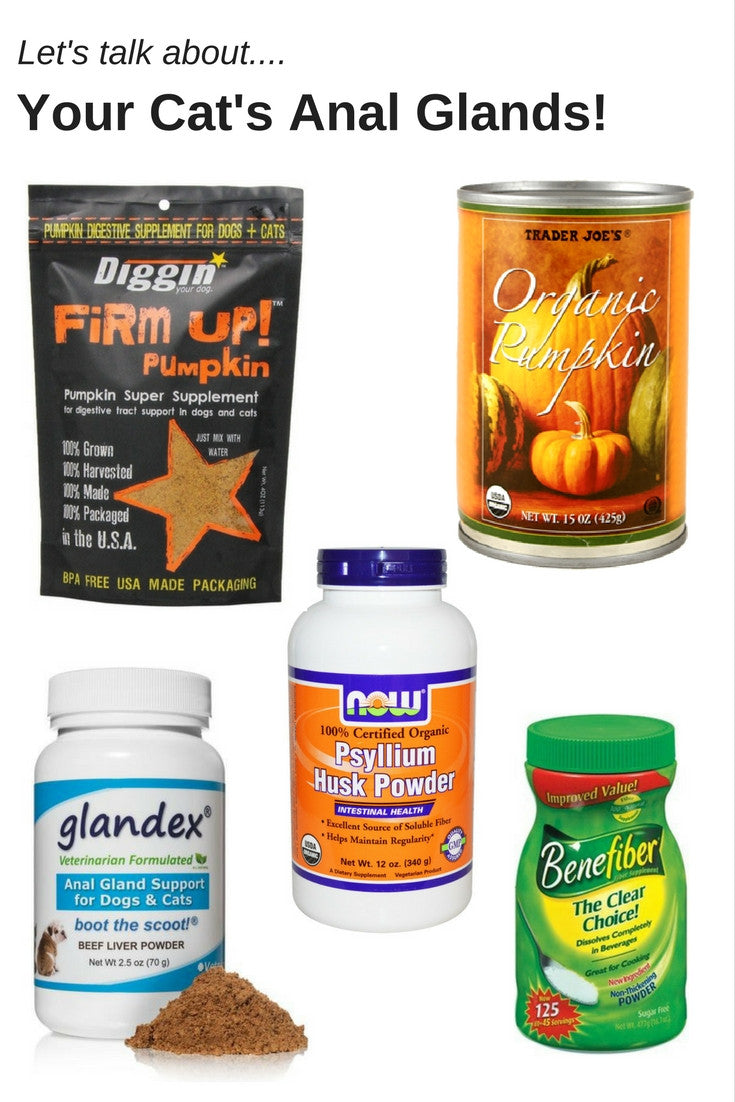
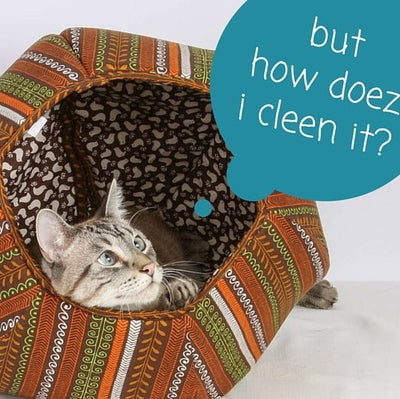

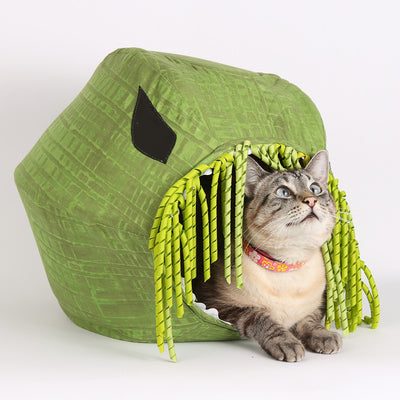
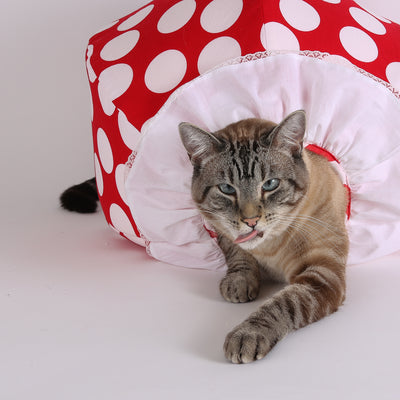
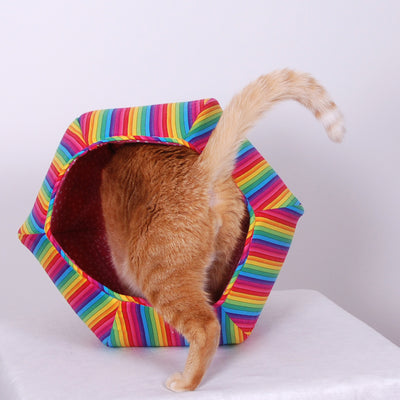
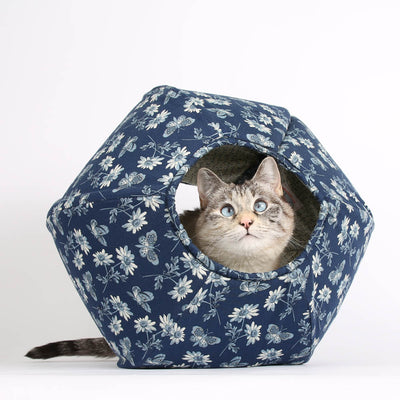
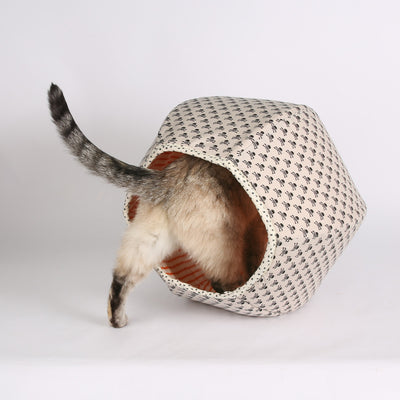
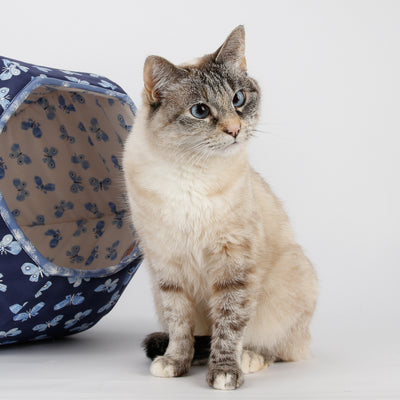
My cat is acting exactly like this. She was given gabapentin to figure out of it was definitely pain related before I spent $700 on x-rays and bloodwork. This has given me something to ask them to look for specifically.
Does the anal glands contacted to cat hormonal?
My male cat has a bully way even he has been fixed
Is there a way of doing the expressing at home instead of going to the vet?
My cat’s hospitalized because one of her anal glands ruptured! I wish I knew these other signs besides scooting.
My cat has a hard lump on one side of her butt. She is on antibiotics since she had an abcess that broke open.
Leave a comment